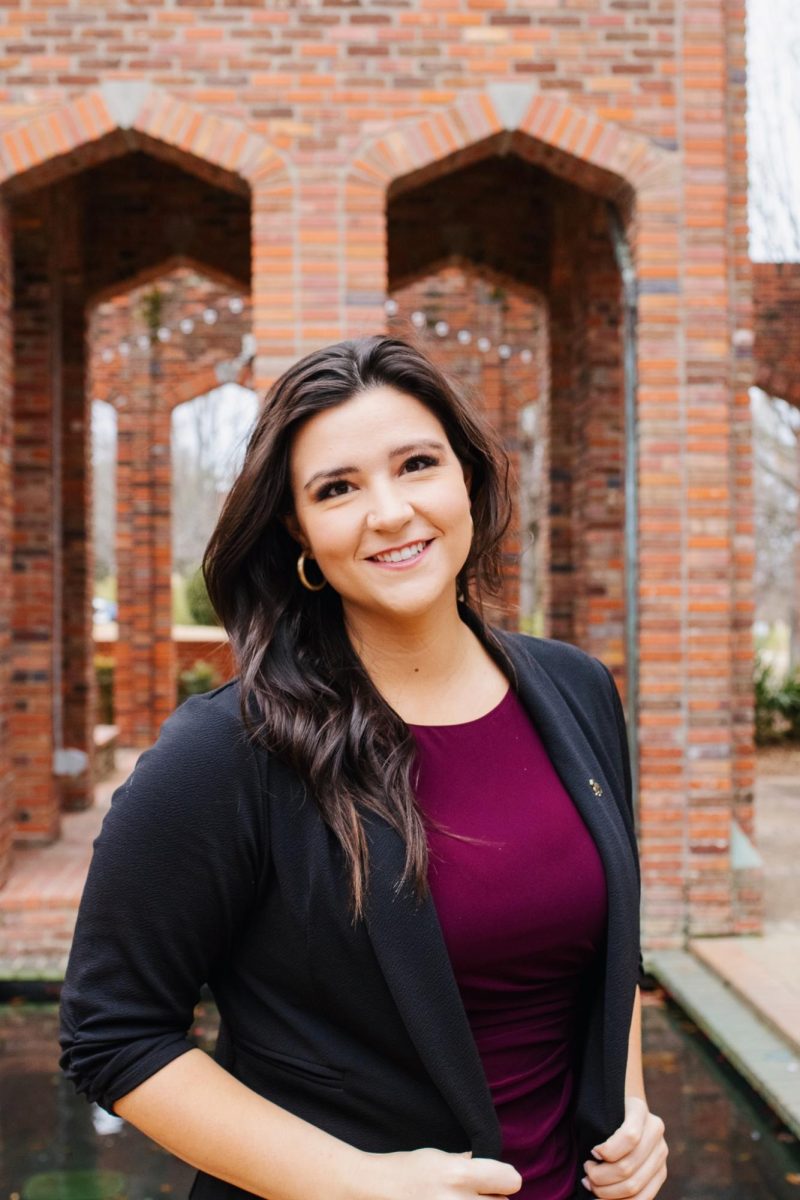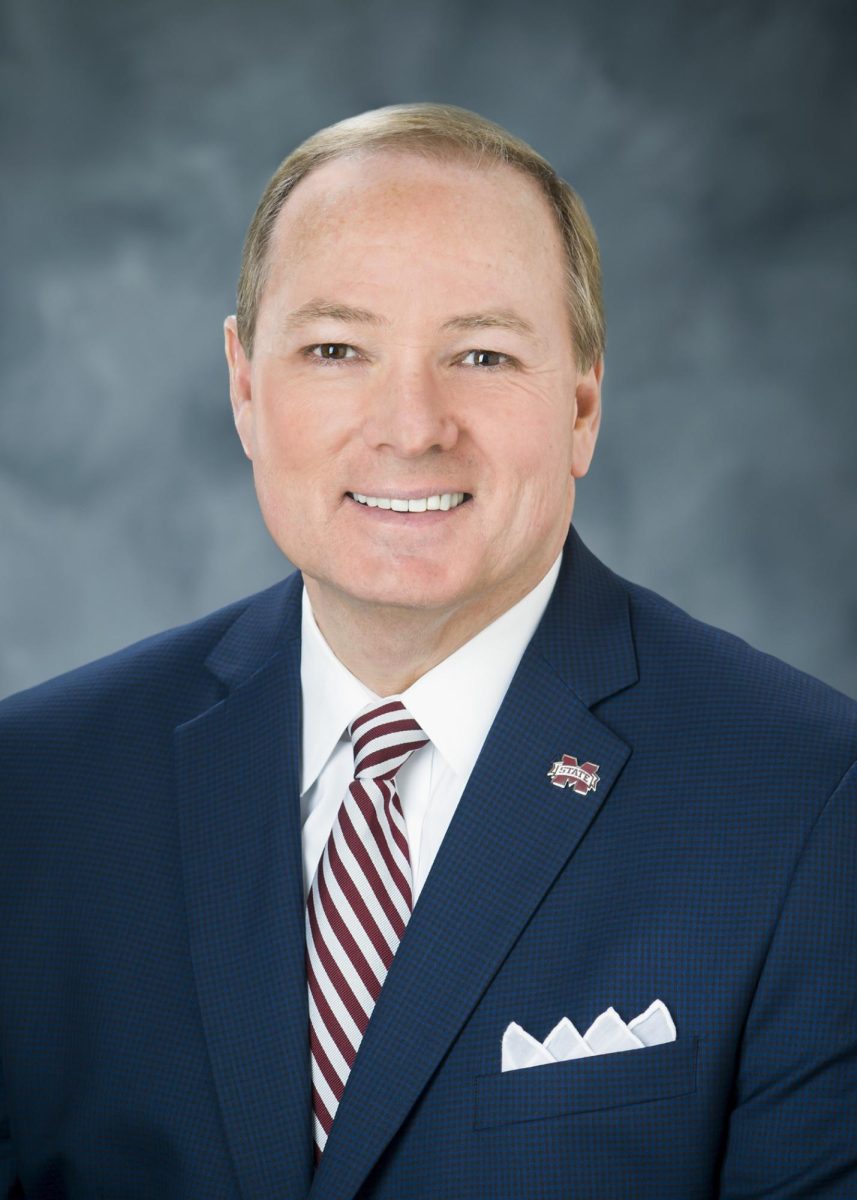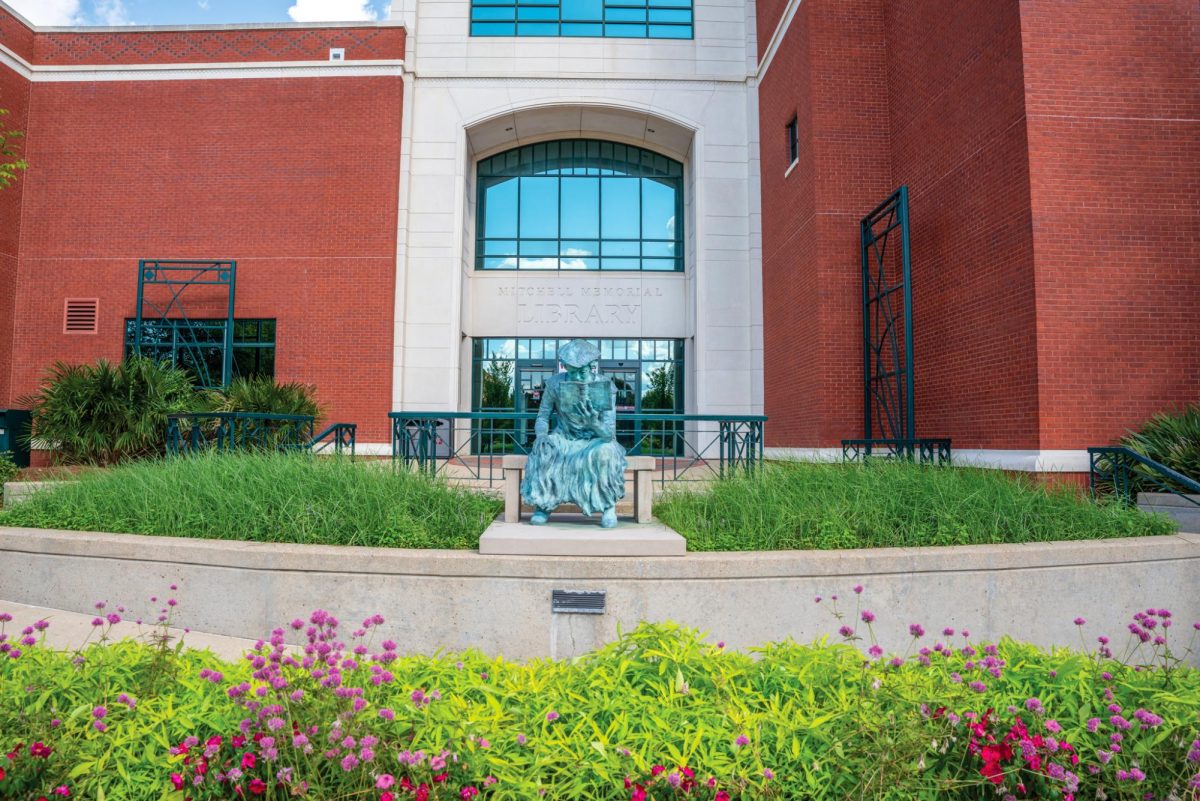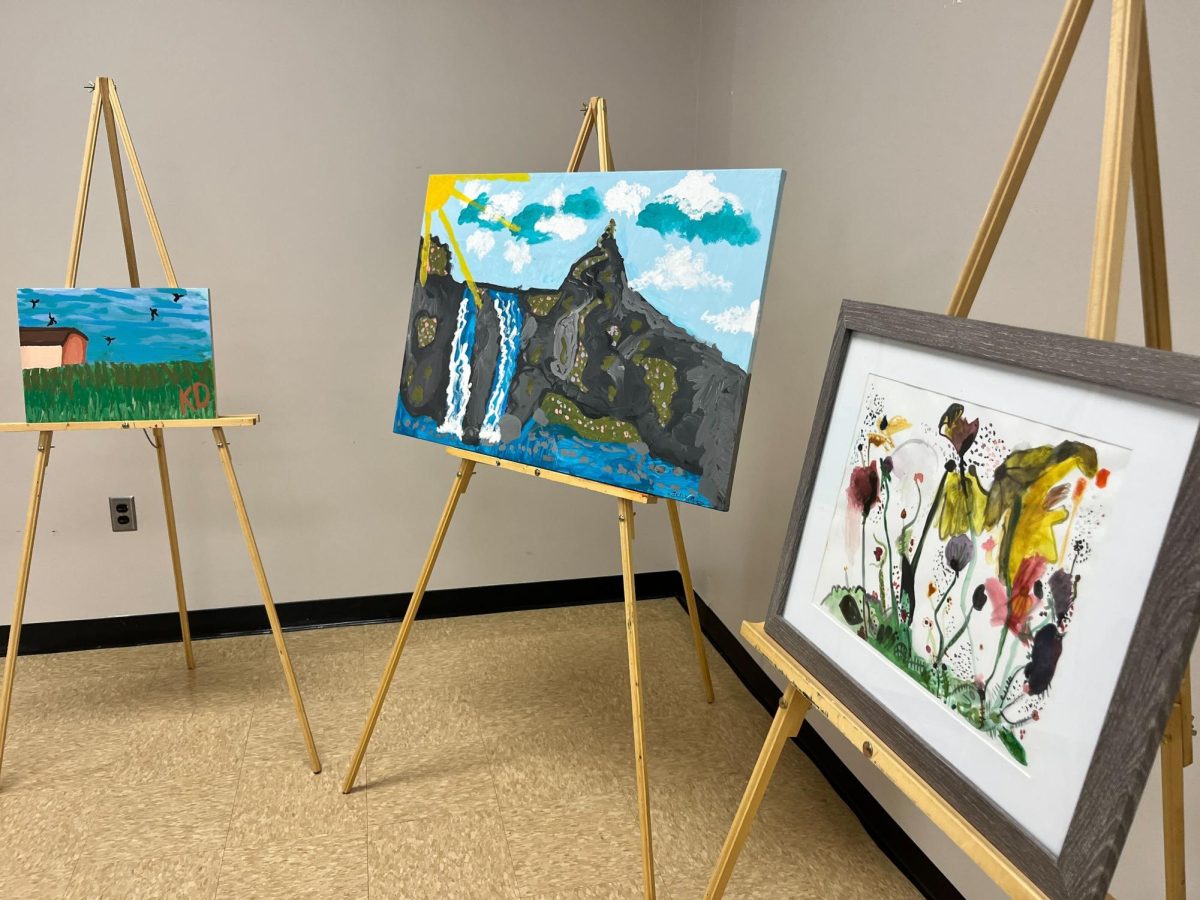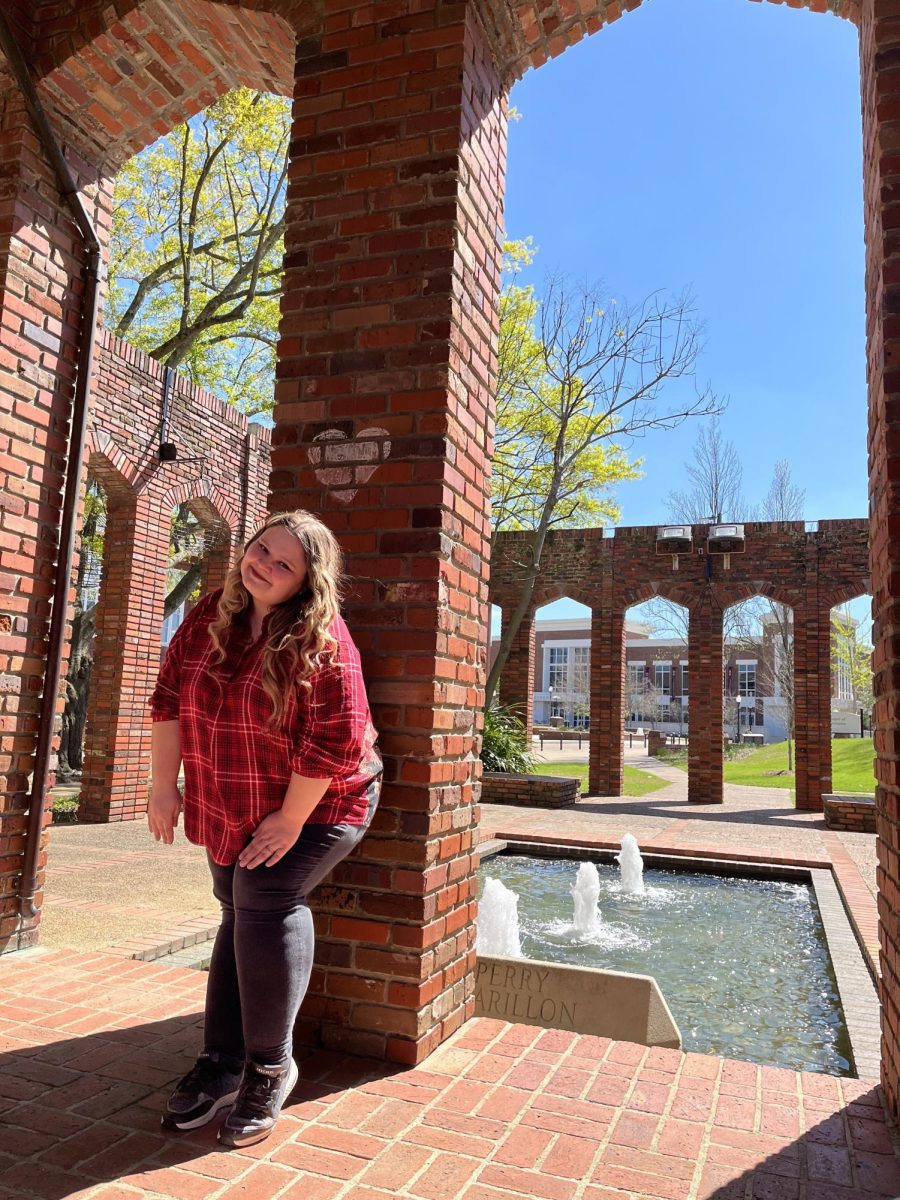A club aimed at raising awareness and gathering support for those with food allergies is new to Mississippi State University’s campus this semester.
Hail State Food Allergies (HSFA) founder Jordan Moore, a sophomore political science major, said the club initially began to bring awareness for students who suffer from gluten allergies. However, she said she realized that there are many students who struggle with other food-related allergies and these students needed community just as much as those with gluten allergies.
Moore said this community not only creates a safe space for students with food allergies but also serves as a form of advocacy.
“We could all talk about safe places to eat, advocate for one another and help educate people about it because a lot of people do not understand food allergies,” Moore said.
Even though HSFA is geared towards those with food allergies, Moore shared that it is for people without allergies as well.
“It does not hurt to be an ally to your friends with allergies and learn about it … it is for everybody,” Moore said.
HSFA exists for those who want to open the conversation about the struggles of food allergies. According to Emily Sutherland, a junior secondary education major, having a community of people who relate to these struggles allows students to have a mental health release.
Having numerous food intolerances herself, Sutherland said food allergies are an underrepresented struggle of students around campus.
“It is such an underrepresented, but such an impactful part of all of our lives,” Sutherland said.
Moore said the need for community comes from the lack of support that students with food allergies have daily. She spoke about the hardships that come with being a student and having a severe food allergy because there are numerous social events on campus that include food she and many others cannot eat.
“Why would I want to come and watch everyone eat something that I cannot have?” Moore said.
Difficulty navigating social events is not the only problem that these students face. According to HSFA Vice President Alyssa Porazzo, a junior professional meteorology major, access to clean food on campus is a significant issue for those with severe food allergies. She shared that she recently had an incident with food from the Colvard Student Union being cross-contaminated, and she became extremely sick because of this mistake.
Even though there are few choices for students with food intolerances on campus, Porazzo said she was more disappointed that food establishments claim to have allergy-conscious options, yet they still fail to provide students with clean food.
“There are supposed to be places for a dietary restriction or for an allergy to food that is supposed to be taken care of, and in my instance, it was not,” Porazzo said.
The lack of options does not stop with MSU’s campus, though. According to Porazzo, the food options around Starkville leave those with food allergies with nearly nothing to eat. It is not just a campus issue; it extends out into the community around the university. Porazzo is a New York native, and she said she is not used to the inadequate accommodations for people with severe food allergies.
“Just because we are in a small city does not mean that there should not be options for us,” Porazzo said.
HSFA serves as a community for those with the same struggles to come together and advocate for one another. Moore said asking for accommodations in restaurants or dining halls can be quite daunting, so a community that normalizes food allergies allows students to be more confident in speaking up for themselves.
The purpose of the club does not end there, though. In club meetings, students can share their experiences with dining halls and food services, and they teach other members where they can get food that is safe for them to eat. In the same way, members can also warn other students about food options that claim to be clean but are not.
Club meetings enable members to engage in a community with other students and share food options their peers might not have known about.
HSFA’s goal is to bring awareness about the problems that students with food allergies face daily. There seems to be a great desire for change around MSU regarding food options, and the members of this club recognized the need for a united front to make a change.
Porazzo said a group of 10 going to Dining Services would make a more significant impact than just the individual. She emphasized the necessity of bringing about change with numerous people instead of just one person with an issue.
Although members of the HSFA emphasize the need for improvements in dining options, a few members of dining services are accommodating to students with these severe allergies.
According to Sutherland, communicating with kitchen staff and chefs is extremely beneficial for students with food allergies. She said the dining staff is cooperative and genuinely cares about the students they serve.
“That is the glimmer of hope in all of it … if you develop a relationship with them, then you will have a great experience,” Sutherland said.



















































































